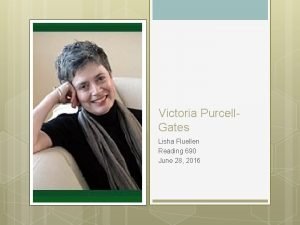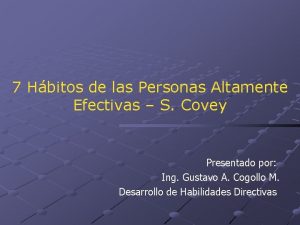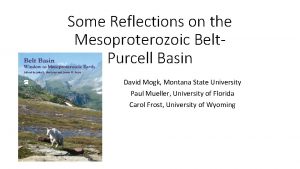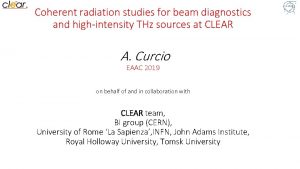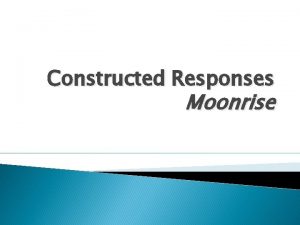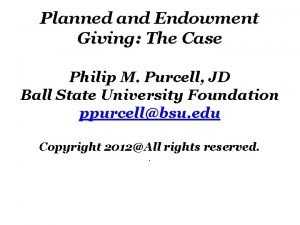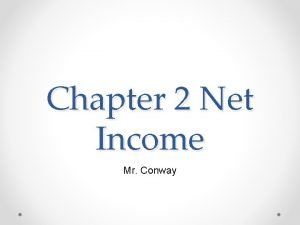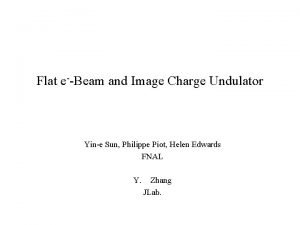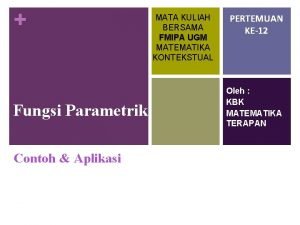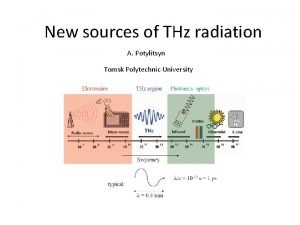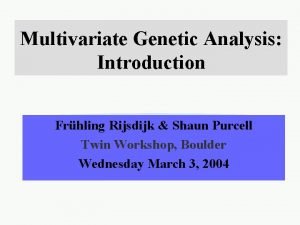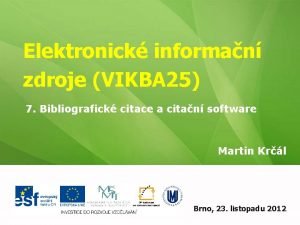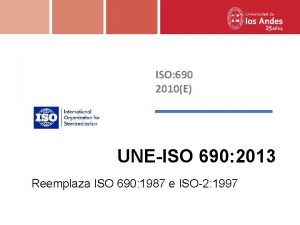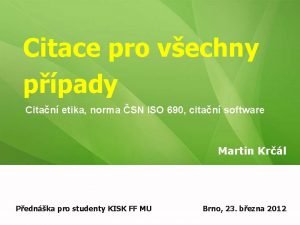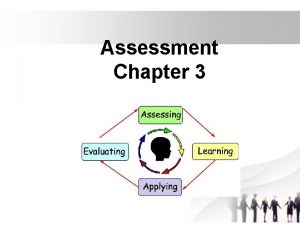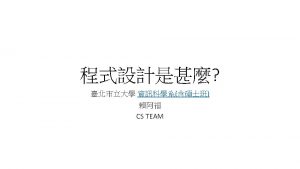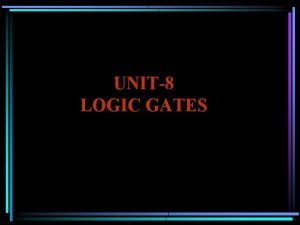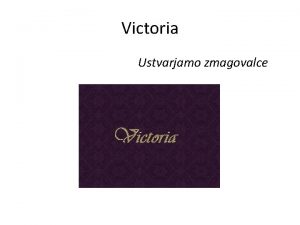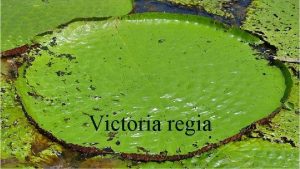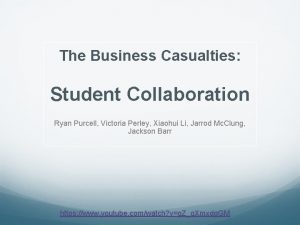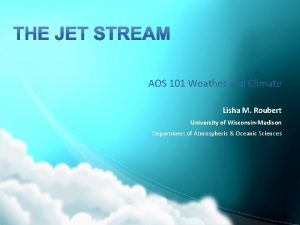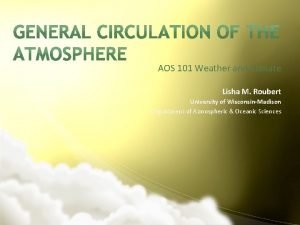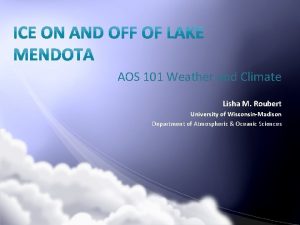Victoria Purcell Gates Lisha Fluellen Reading 690 June















- Slides: 15

Victoria Purcell. Gates Lisha Fluellen Reading 690 June 28, 2016

Victoria Purcell-Gates Internationally recognized researcher and professor in the field of Literacy

Who is Victoria Purcell-Gates? Dr. Victoria Purcell-Gates is a prominent researcher within the socio-cultural perspective of literacy development. She believes teachers should actively seek out this knowledge by sending home questionnaires and doing home visits (Purcell-Gates, Melzi, Najaf & Orellana, 2011). As of 2014, she serves as the head research chair in early childhood literacy at the University of British Columbia (Purcell-Gates, n. d. ). Research interests: The ways in which people in communities value and practice literacy in all aspects of their lives. This includes texts, written symbol systems, purposes for reading and writing, attitudes and beliefs. Designing early literacy instruction that builds on young children’s linguistic, cognitive, cultural, and social models for reading and writing that they acquired within their home

Dr. Purcell-Gates taught at Michigan State, Harvard, University of Cincinnati and University of British Columbia and directed literacy centers in Harvard and the University of Cincinnati. Dr. Purcell-Gates is the principal investigator for the Cultural Practices of Literacy Study. Her book, Other Peoples Words, was developed based on research she conducted after she provided assistance to an Appalachian mother, Jenny and her son Donny. Dr. Purcell-Gates was the National Reading Conference (NRC) president for 2005 -2006. Dr. Purcell-Gates accepted the position of Tier 1 Canada Research Chair for Early Childhood Literacy at the University of British Columbia. ). According to Dr. Purcell-Gates facebook page, she retired on July, 1. 2013.

Awards and Recognition Inducted into the International Reading Association's Reading Hall of Fame on May 4, 2005. Oscar Causey Award for Outstanding Research in Reading (2005). Awarded by the National Reading Conference. Appointed Tier 1 Canada Research Chair for Early Childhood Literacy at University of British Columbia, B. C. 2004. Academy of Sciences/Institute of Medicine Committee on Health Literacy. 2002 -2003. Noted Scholar Appointment by University of British Columbia, Vancouver. Summer 2002. University of Louisville Grawemeyer Award in Education. For originality, creativity, feasibility and scope of potential applicability of ideas that help make the world a better place. Award given for Other People’s Words: The Cycle of Low Literacy (Harvard University Press, 1995). $150, 000. 1996.

Awards and Recognitions Most Promising Researcher. Awarded by the National Council of Teachers of English. 1987. Finalist in the Outstanding Dissertation of the Year Award competition. Awarded by the International Reading Association. 1987. Promising Researcher Award for dissertation research. Awarded by the National Council of Teachers of English. 1987. Outstanding Doctoral Dissertation for 1985 -1987 in Phi Delta Kappa District II. Awarded by Phi Delta Kappa on Evaluation, Development and Research. 1987.

Additional Books Captures eight women's progress toward empowerment through a Freirean-based literacy class in rural El Salvador and, in the process, provides telling lessons for literacy and adult educators around the world. . This volume presents case studies of literacy practices as shaped by culture, language, community, and power. The authors lucidly explain how we develop our abilities to read and write and offer a unified theory of literacy development that places cognitive development within a sociocultural context of literacy practices.

Other People Words by Victoria Purcell-Gates This book is an account of research conducted by Victoria as she teaches a mother and her son how to read. Jenny, white Appalachian refused to allow her son to grow up illiterate, so she went to the University of and pleaded with Victoria to teach her child. At that time, Victoria was directing a University Based Literacy Center. The center only served grades 1 -12 but Jenny requested to sit along side her son in order to learn how to read herself. In exchange for allowing Victoria to record their sessions and use the information in research, she agreed to work with both the parent and child. This research lasted for two years. Victoria gained so much insight into the lives of the Urban White Appalachians, the other ethnic minority group. • • In this book, in the section entitled “Living Without Print” she talks about the differences between oral and written communication. She describes the type of reading instruction that must be provided to both Jenny and Donny in order to see success in reading. Jenny had been attending an adult Literacy Program for three years. She made very little progress through this program. Ultimately this research allows Victoria to showcase the low literacy of poor minority communities. The sociocultural lens allows cultural beings whose identities and perceptions reflect the nested cultural contexts of ethnic heritage, level, and socioeconomic status, we gain in-sights into the ways they perceive the literate world and the world of school (179).

Victoria had difficulty working with Donny with Jenny beside him because, Jenny prodded and chastised him for behaving a way she felt inappropriate. In an effort to work with Donny and Jenny, Victoria changed her direction with Jenny began writing a daily journal(with much hesitation). Jenny’s first journal transformed entry:

Jenny’s Account of Reading

Other Works There’s Reading and Then There’s Reading: This article is published in NSCALL(National Center for Adult and Literacy). Victoria discuss current broad theories of the reading process and their implications for adult literacy instruction. She looked at the development of letter and word recognition, phonemic awareness and comprehension and how it was affected by literacy instruction. Two approaches to reading: Skill-driven Models Teacher’s belief Letter and Word Recognition Focus is heavily on the skills and abilities to accurately and automatically recognize letters and words Comprehension-Driven Models Teacher’s belief: • learner must deal with the whole texts and read for authentic purposes Read and make sense of texts at all times Building Literacy Instruction From Children’s Sociocultural Worlds

Other Works Building Literacy Instruction From Children’s Sociocultural Worlds • This article demonstrates that children’s language and literacy development shares an inextricable relationship with their social and cultural worlds. Cultural factors always shape the ways different communities engage in reading and writing. Young English language learners bring culturally shaped beliefs and experiences regarding reading and writing to school, where they are taught important beginning literacy skills and practices that may not fit with their previous experiences This article calls for carefully designed research that explores promising curricular modifications that may increase the early literacy abilities of children from cultural and linguistic backgrounds different from mainstream educational environments. The authors present research suggesting that young children begin their formal education as skilled participants in dynamic language and literacy practices embedded in their homes and cultural communities. introduce preliminary evidence suggesting the effectiveness of early instruction that bridges the language and literacy skills young children bring from home with those they are taught in formal early child care environments.

Duke, N. K. , Martinea, J. A. , & Purcell-Gates. V. , (2007). Learning to Read and Write Genre-Specific Text: Roles of Authentic Experience and Explicit Teaching. Reading Research Quarterly, 42(1). 8 -45. • This study explored, with both experimental and correlational designs, the roles of (a) authentic, communicatively functional reading and writing and (b) the explicit explanation of genre function and features on growth in genre-specific reading and writing abilities of children in grades two and three. The genres used for this exploration were informational and procedural science texts. Results showed no effect of explicit teaching on reading and writing growth for six of seven outcomes. Similarly, correlational analyses showed no relationship between teachers' degree of explicitness and growth for six of seven measures. However, correlational analyses showed a strong relationship between degree of authenticity of reading and writing activities during science instruction and growth for four of seven outcomes, with an interaction with degree of explicitness for a fifth. These results add to the growing empirical evidence regarding the efficacy of involving students in reading and writing for real-life purposes in the classroom. They also contribute to a growing knowledge base regarding the complexities of language learning in school.

Other Works • Literacy Worlds of Children of Migrant Farmworker Communities Participating in a Migrant Head Start Program • http: //www. ncte. org/library/NCTEFiles/Resources/Journals/RTE/0481 aug 2013/RTE 0481 Literacy. pdf Bridging home and school literacy with Dr. Victoria Purcell-Gates • Real Life Literacy Instruction, K-3 Handbook for Teachers • http: //www. ncsall. net/index. html@id=771&pid=460. html Relationships Uses of Print Between Parental Literacy Skills And Functional and Children's Ability To Learn Literacy Skills http: //files. eric. ed. gov/fulltext/ED 372288. pdf • • http: //literacyconnects. org/img/2013/03/Real-life-Literacy-Instruction-K 3. pdf There's Reading. . . and Then There's Reading Process Models and Instruction • http: //www. voiceofliteracy. org/posts/48952 Orality and Literacy: A Symposium in Honor of David Olson http: //www. english. wisc. edu/nystrand/RTE%20 Symposium%20 Nov 06 RTE. pdf

Resources http: //faculty. educ. ubc. ca/vpurcell-gates/ Purcell-Gates. (1997)There's Reading. . . and Then There's Reading Process Models and Instruction. National Center for Adult and Literacy. 1(B). http: //www. ncsall. net/index. html@id=771&pid=460. html Melzi, G. , Najafi, B. , Orellano, M. F. , & Purcell-Gates, V. (2011). Building Literacy Instruction From Children’s Sociocultural Worlds. Child Development Perspectives The Society of Research in Child Development 5(1). https: //www. academia. edu/19488132/Building_Literacy_Instruction_From_Children_ s_Sociocultural_Worlds https: //www. goodreads. com/book/show/1695478. Now_We_Read_We_See_We_Sp eak http: //www. goodreads. com/book/show/824117. Other_People_s_Words Purcell-Gates, V. (1997). Other People’s Words: The Cycle of Low Literacy. Harvard University Press. United States.
 Victoria purcell gates
Victoria purcell gates Habitos de la victoria privada
Habitos de la victoria privada Stephen purcell
Stephen purcell Smith purcell radiation
Smith purcell radiation Moonrise by jenette purcell
Moonrise by jenette purcell Phil purcell planned giving
Phil purcell planned giving Ralphs annual income is about $32 000
Ralphs annual income is about $32 000 Zhang et al
Zhang et al Fungsi parametrik
Fungsi parametrik Smith purcell radiation
Smith purcell radiation Shaun purcell
Shaun purcell Iso 690 harvardský styl
Iso 690 harvardský styl Une-iso 690:2013
Une-iso 690:2013 Mt 690
Mt 690 Iso 690 harvardský styl
Iso 690 harvardský styl Iso 690:2013
Iso 690:2013
